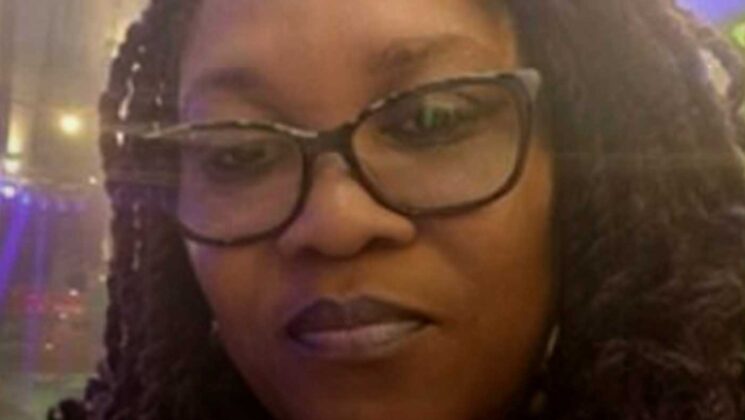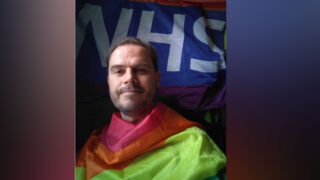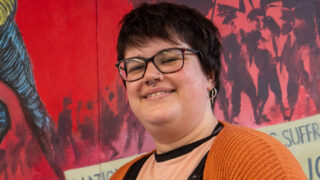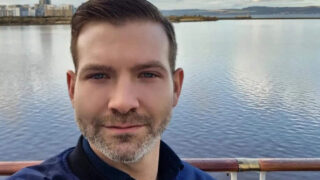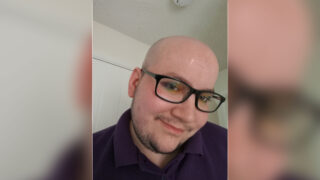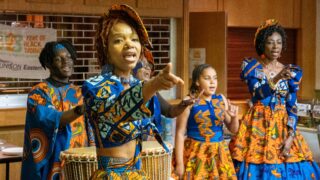Louisa Lewis is a recovery officer for Basildon Council, but — as she’s very quick to point out — that’s not the job she loves.
That honour goes to her role as branch secretary of Basildon District Council UNISON branch.
What is it she likes so much about it? “I’m able to help people find their voice and encourage them to stand up and speak out.”
Her own UNISON journey began after experiencing racism at work. “A group of us used to meet up for lunch, another member of staff — we found it was just one person — complained and said we were too loud in the staff area, that we were being rowdy.”
Mangers split up the group and changed our lunch times and made some move teams. Louisa handled the situation herself but realised it would have been good to have the union behind her and joined up.
She quickly became branch education co-ordinator — the first time a Black member had become a branch officer — before taking on the equalities roles and being elected branch secretary in April.
“I try to promote the benefits of being in UNISON,” she says. “Things like There for You and legal assistance, but also the way you can get involved and use your voice.”
What about her inspiration?
“I would have loved to be on the bus with Rosa Parks, but I’d say it’s my great aunt. She always pushed me to be the best I could be — and she’d always whoop my arse when I came around with my tail between my legs telling her ‘I can’t do this’.”
It’s a perseverance that’s serving her well in UNISON, culminating in her proudest moment so far, getting her council to sign up to UNISON’s Anti-Racism Charter, something she says is “very important” to Black staff in Basildon. But, as she points out, the really important work is following it up and making sure it’s carried through.
Finally, we turn to Black History Month. The reason why it’s important to her is simple: “recognition.”
She says: “We’re not taught about it enough in schools, a lot of people don’t even know the basics. I used to get my kids to pick a figure from Black history and present it to the family every October.
“All history is important, but that means we learn about everything, including our history and our contribution.
“It’s not looking at slavery and saying ‘that happened to us’ but going ‘that happened to our ancestors and they paved the way for us.’ It’s really important we know about it.”

